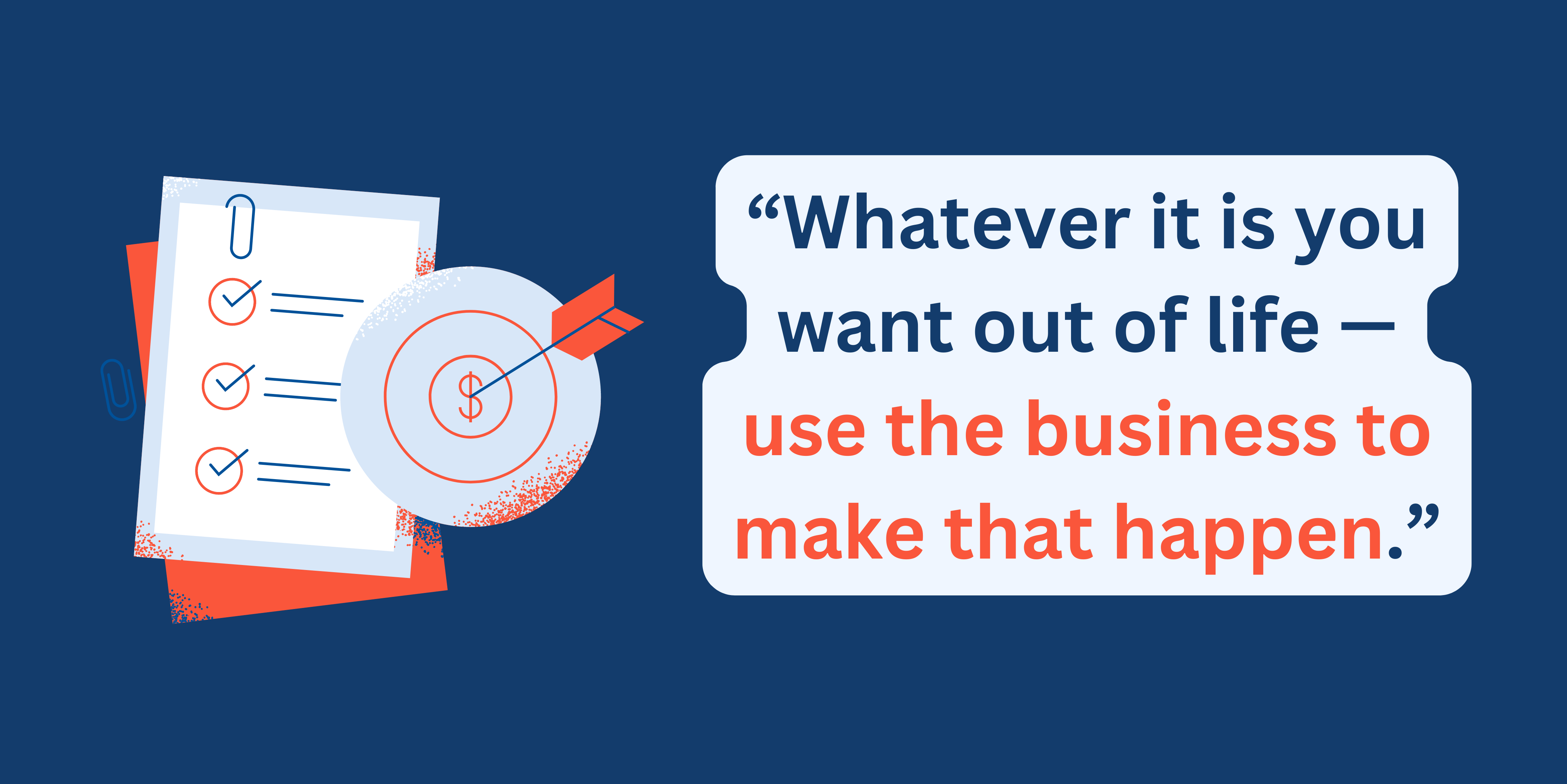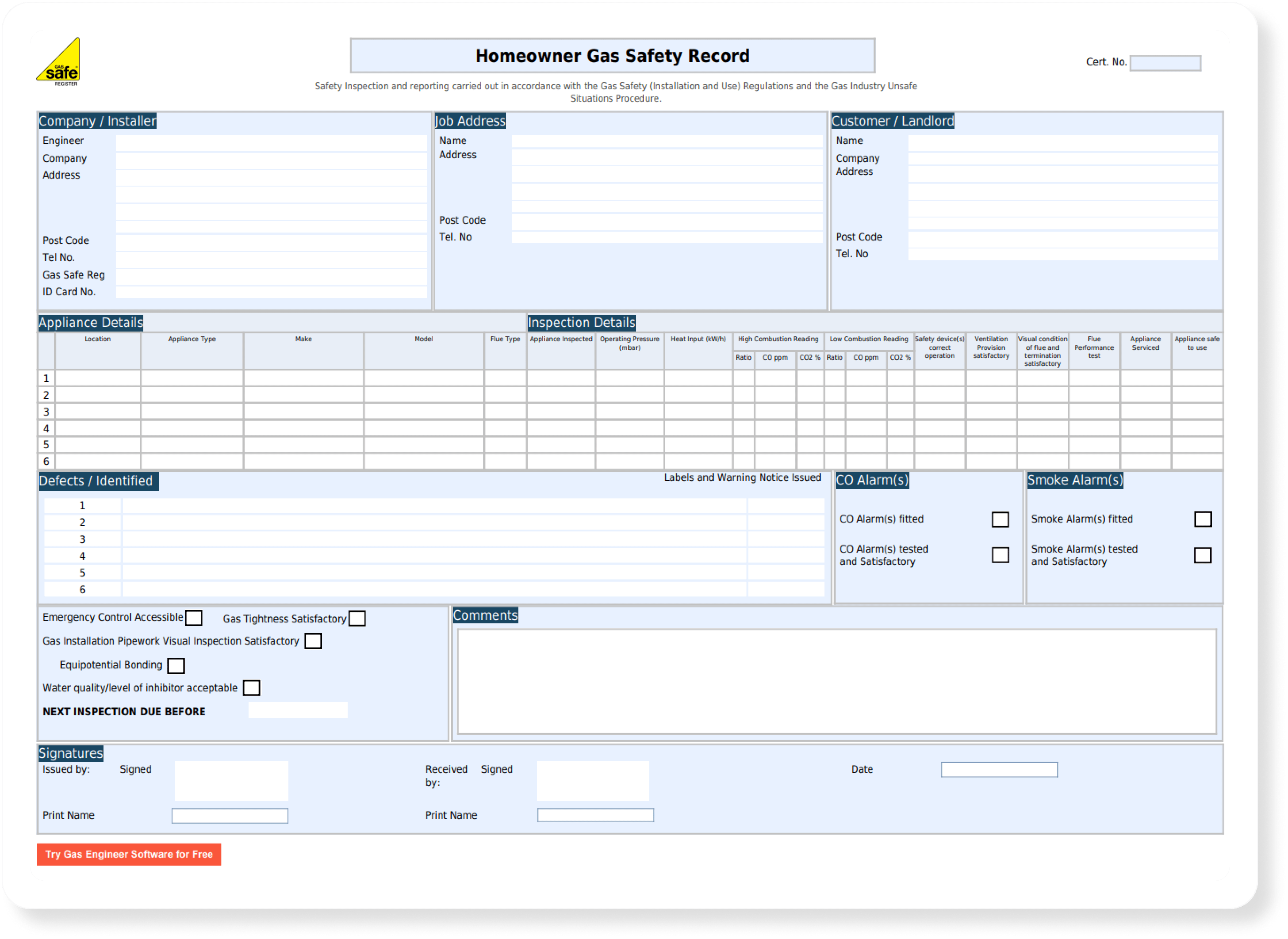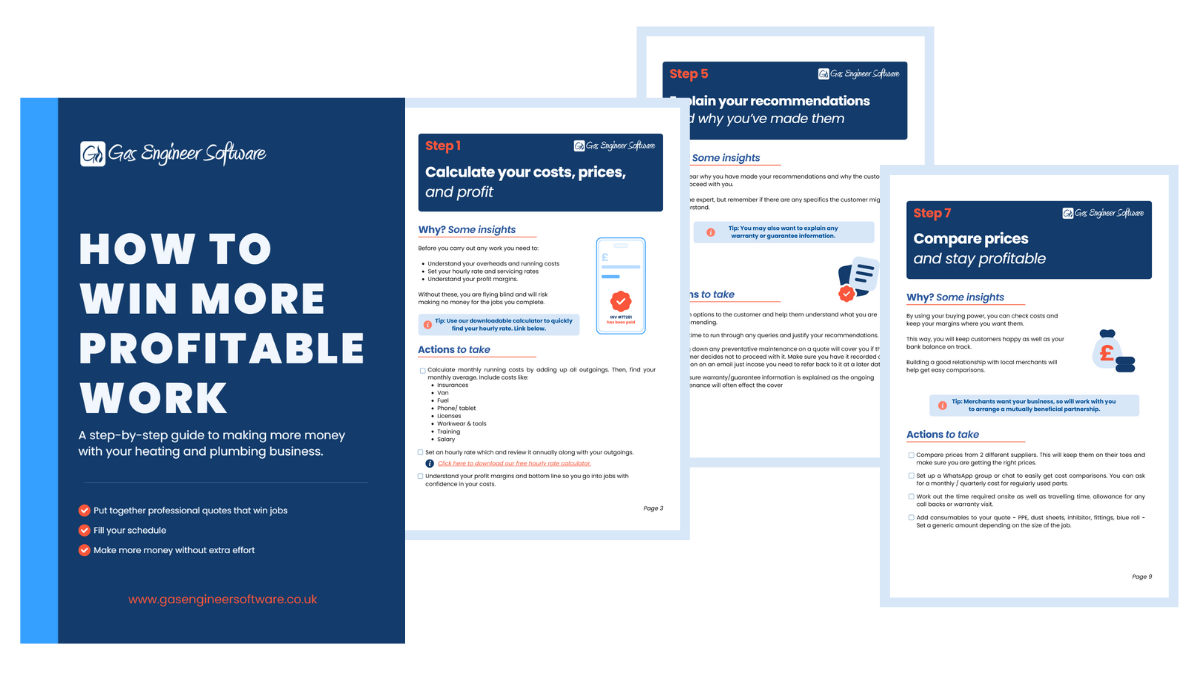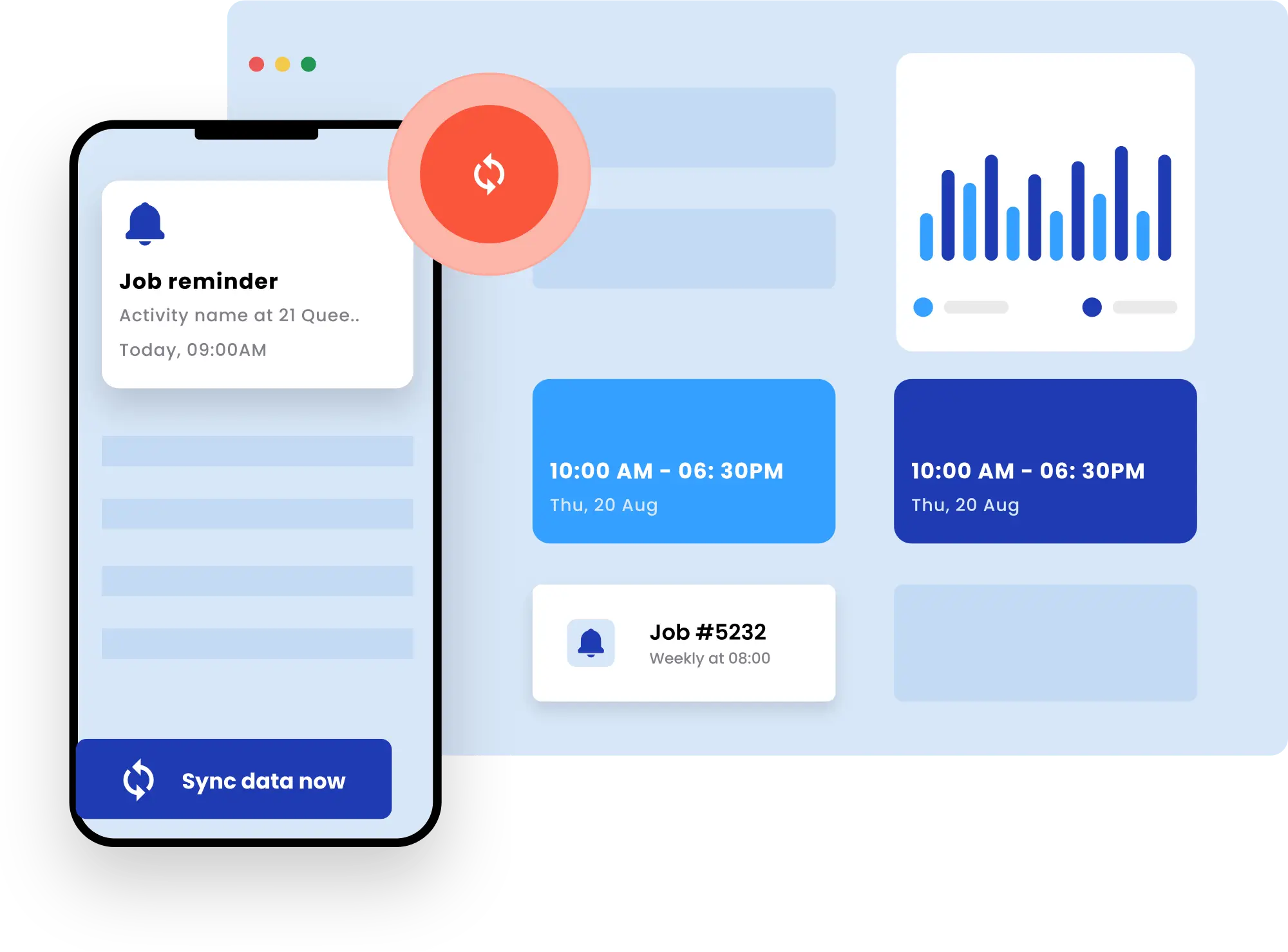Why You Need To Build Your Business Around Your Personal Goals
![[Featured Image] Personal goals](https://gasengineersoftware.co.uk/wp-content/uploads/2024/08/Featured-Image-Personal-goals.png)
Every business owner had a reason for starting their business. It could be the freedom of not having to report to anyone, or maybe it’s about making more money so you can move into a bigger house. These specific goals will develop and change over time, but they’re always going to be unique.
Personal goals are what motivate and drive you to grow and improve your business. In other words, your business exists to help you get what you want out of life. So where does it all go wrong?
We recently had the opportunity to speak to Doug D’Aubrey from ETC – a consulting firm that specialises in helping business owners get what they’re looking for. In this article, we compile his advice into something actionable for your business.
Personal goals & business goals: What’s the difference?
Personal goals and business goals are closely connected – but you should always start with your personal goal. The reason for this is simple: Setting a personal goal is what allows business owners to set business goals that help them achieve their personal goal.
Business owners often mix up their personal and business goals. Personal goals are often related to money, but they don’t have to be. They could look something like:
- Moving into a bigger house
- Saving up money to put the kids through university
- Buying a better car
- Getting 2 months of holiday per year
- Working 4 days a week so you can focus on another passion
- Being your own boss
When Doug asks this question, a lot of business owners answer with goals like “a successful business”, “a bigger team” or “more profit”.
“Yes it’s very personal to them because it’s their business… but actually what we’re looking for here is what do they want in life? What sort of lifestyle do they want to be living?”
Financial freedom isn’t a great personal goal because it means something different for everyone.
Without a personal goal, business goals are just a number. You could hit all of them, but still not be leading the life you want. Thus for many, it’s getting caught up in this day-to-day work that means personal goals get left behind.

Using business goals to achieve personal goals
As a business owner, you’ve made a conscious decision to go out on your own. The core of Doug’s message is to base all of your business goals around your personal goal. Working backwards like this allows you to build towards something that truly matters to you, not just a number.
What happens when you build around a business goal, not a personal one
Business goals are important, but they don’t always align with the lifestyle you want to lead.
For example, you might smash a business goal of hiring 5 engineers so you can get off the tools and save some time. But now you spend just as much time managing their schedules and can’t get enough time away to spend time with your newborn child.
Perhaps you set a business goal of boosting revenue by 80%. You manage to hit that within a year by hiring someone to help do all your marketing and sales, but now you’ve got almost double the invoices and accounts to look after and can’t do much of the work you enjoy.
If your personal goals are purely financial, things are a little more straightforward. But instead of thinking about revenue, think about your personal salary or take home profit.
Breaking down the business goal into actions
The best way to use your business to achieve your personal goals is to simply work backwards. Start with your personal goal and ask yourself what your business needs to do in order for it to become reality. It could look something like this:
Step #1: Work out what your cost of living is. This is the bare minimum you need to support yourself and your family.
Step #2: What is the total cost of running your business? (Monthly/annually)
Step #3: Add these two costs together. This is the base figure you need your business to make. Think of it as your ‘survival rate’, and anything above it creates profit.
Step #4: Next, you need to think back to your personal goal(s). If you’d like to put £10,000 a year in savings but also have enough on top to buy a new car , how much are you going to need in total? If you want to be able to work off the tools remotely, how are you going to ensure work gets done while you’re away?
Step #5: Now is time to put together the business goal. One way is to break down your income stream:
- How much does your average job make you?
- How many of them will you need to do per month? Per day?
- How can you increase profit?
- Should you cut costs?
- Are you wasting time on certain tasks? Access our delegation guide here.
- Do you need to increase your prices?
- Do some types of jobs earn you more profit than others?
- Do you hire another engineer to take on more jobs? Access our hiring guide here.
The answers to these kinds of questions will determine your strategy. What you decide here then becomes your business goals.
Note that a single personal goal could branch out into several business goals. “It is a whole system of things throughout the business – it’s not one thing,” explains Doug. It could be to do with marketing, sales, finances, or on the tools work, for example.
An example
Lets say a trades business owner wanted to spend half of the year living in the Mediterranean – this was their personal goal. The problem? They’re the one doing all of the delivery.
This is exactly what one individual came to Doug to solve. To achieve this personal goal, they set out a plan. First up was to employ engineers – that much is obvious. The other major part was to find a better way of managing the workflow to ensure jobs were being done to his high level of standard while they were working remotely. Cloud technology and job management software was the solution for this, as it meant they could gain oversight over the business from afar.
To achieve his personal goal of working overseas for half the year, the business goals looked something like this:
- Hire 1-2 engineers
- Implement job management software
- Spend more time on marketing & admin to get more work and manage engineers
Read more about creating a self-sustaining heating business here.
Next steps:
If you’ve been thinking about implementing software into your workflow to save time, here’s what you can do next:
- Visit our resources centre where you'll find more articles like this one and our free gas rate calculator.
- Start a free trial to see exactly how our software works for your business.
- Watch our video demo to get an idea of how our software works. You can also book a 1-on-1 session with our customer success team for a more personalised experience.
- Know an engineer who's still using paper? Help them and us out by sending our software their way!


